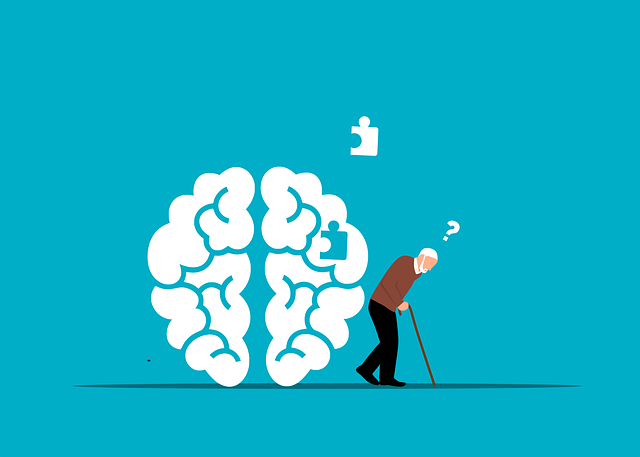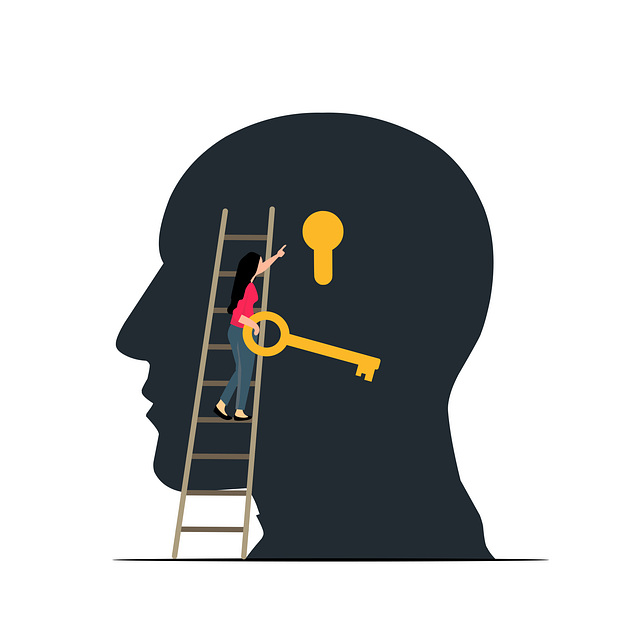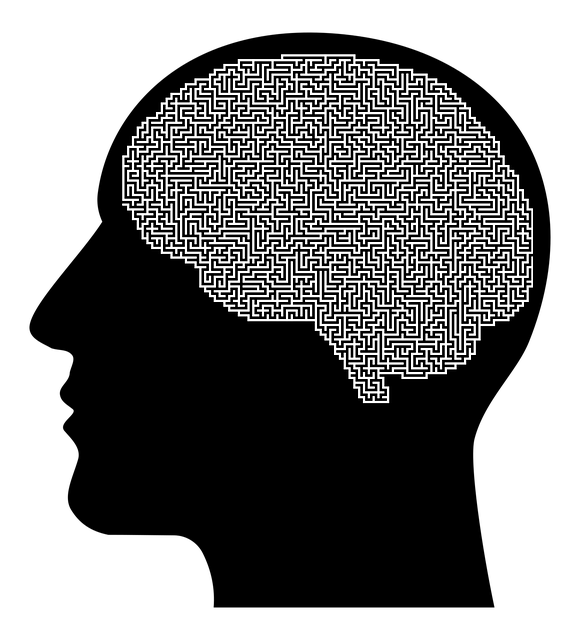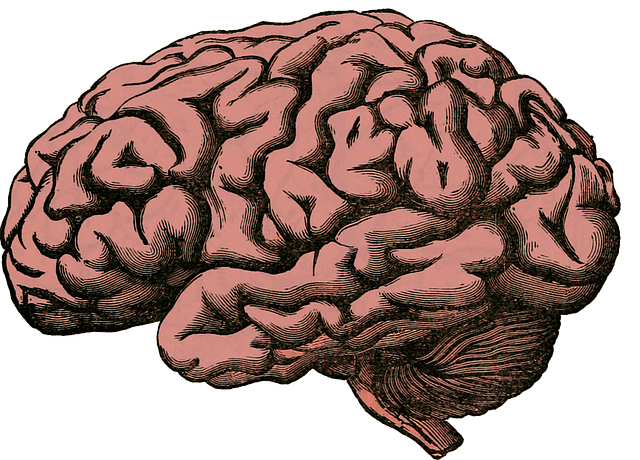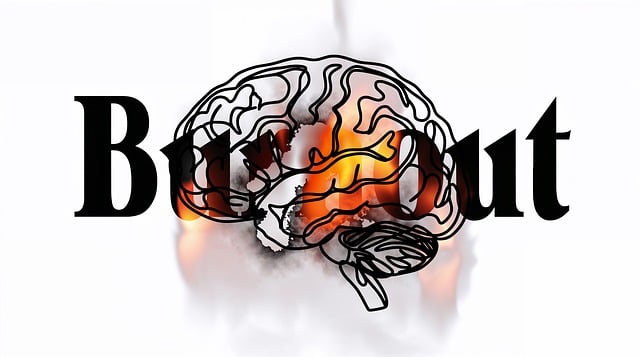Stress among Mandarin Chinese-speaking adults is a growing concern, influenced by cultural expectations, work demands, and personal goals. CBT, an evidence-based therapy tailored to individual needs and cultural contexts, effectively manages stress by modifying negative thought patterns. Mindfulness practices, such as deep breathing exercises, also prove beneficial. Lifestyle changes, including regular exercise and balanced nutrition, combined with self-care strategies like meditation, significantly reduce stress. Therapy for adults speaking Mandarin Chinese focuses on resilience building, coping mechanism development, and stigma reduction to create supportive environments for open discussions about mental health.
Stress reduction is a vital aspect of mental well-being, especially for Mandarin Chinese speaking adults navigating modern life. This article explores effective methods to combat stress and its profound impact on this demographic. We delve into evidence-based practices such as Cognitive-Behavioral Therapy (CBT), offering a powerful tool for managing stress. Additionally, mindfulness practices, meditation techniques, lifestyle changes, and self-care strategies are discussed, providing comprehensive solutions tailored to the unique needs of Mandarin Chinese speaking adults seeking therapy.
- Understanding Stress and Its Impact on Mandarin Chinese Speaking Adults
- Cognitive-Behavioral Therapy (CBT): A Powerful Tool for Stress Management
- Mindfulness Practices and Meditation Techniques for Relaxation
- Lifestyle Changes and Self-Care Strategies to Reduce Stress in Daily Life
Understanding Stress and Its Impact on Mandarin Chinese Speaking Adults

Stress is a pervasive issue among Mandarin Chinese speaking adults, often stemming from the unique pressures and expectations they face in their personal and professional lives. Balancing cultural norms, work demands, and personal aspirations can create a significant mental health burden. In recent years, there’s been an increasing awareness of the need for effective stress reduction methods tailored to this specific demographic.
The impact of prolonged stress can be severe, leading to physical and psychological issues such as anxiety, depression, and even chronic illnesses. Recognizing these challenges, therapy for adults speaking Mandarin Chinese has gained prominence, offering specialized coping skills development and mental health awareness programs. Risk management planning for mental health professionals plays a crucial role in providing culturally sensitive support, ensuring that the unique needs of this population are met effectively.
Cognitive-Behavioral Therapy (CBT): A Powerful Tool for Stress Management

Cognitive-Behavioral Therapy (CBT) is a highly effective and evidence-based approach to managing stress, particularly for adults speaking Mandarin Chinese. This therapy focuses on identifying and changing negative thought patterns and behaviors that contribute to stress and anxiety. By challenging unhelpful cognitions and replacing them with more realistic and positive ones, CBT empowers individuals to develop healthier coping strategies.
For those seeking a therapy for adults Mandarin Chinese speaking, CBT offers a structured framework tailored to individual needs, addressing specific stressors unique to their experiences. It incorporates elements of crisis intervention guidance and burnout prevention, fostering resilience in the face of challenges. Cultural sensitivity in mental healthcare practice is also integral to CBT, ensuring that treatment aligns with the patient’s cultural context and beliefs, enhancing the effectiveness of stress reduction methods.
Mindfulness Practices and Meditation Techniques for Relaxation

Mindfulness practices and meditation techniques have emerged as powerful tools for stress reduction, particularly among adults who may be navigating life’s challenges while managing a busy schedule or coping with cultural stressors. These ancient practices offer modern solutions by teaching individuals to focus on the present moment, cultivating awareness of thoughts and emotions without judgment. One such technique involves deep breathing exercises, which can activate the body’s relaxation response, reducing stress hormones in the process.
For Mandarin Chinese speaking adults seeking therapy for stress management, incorporating mindfulness into daily routines becomes a valuable asset. This approach not only enhances mental health but also contributes to self-esteem improvement and overall well-being. Many mental health education programs design their curriculum around these practices, recognizing their potential to transform lives by fostering resilience against life’s pressures.
Lifestyle Changes and Self-Care Strategies to Reduce Stress in Daily Life

Incorporating lifestyle changes and self-care strategies is a powerful way to reduce stress in daily life for adults speaking Mandarin Chinese or any language. This involves adopting healthier habits such as regular exercise, balanced nutrition, and adequate sleep. Engaging in activities that promote relaxation, like mindfulness meditation or yoga, can also significantly lower stress levels. Furthermore, building resilience through therapy for adults—especially those with a history of mental illness—can equip individuals with effective coping mechanisms.
Mental illness stigma reduction efforts play a crucial role in encouraging open discussions about stress and its management. Empathy-building strategies, such as supportive social connections and self-compassion practices, can foster an environment where individuals feel understood and encouraged to prioritize their well-being. By integrating these approaches into daily routines, Mandarin Chinese speaking adults can enhance their ability to navigate life’s challenges with greater ease and resilience.
In light of the above discussions, it’s clear that stress reduction is a multifaceted approach tailored to individual needs. For Mandarin Chinese speaking adults, combining Cognitive-Behavioral Therapy (CBT), mindfulness practices, and lifestyle changes offers a comprehensive solution. CBT serves as a powerful tool for managing stress by challenging negative thoughts and behaviors, while mindfulness meditation provides moments of calm and relaxation. Incorporating self-care strategies into daily life further enhances these efforts. By adopting these methods, Mandarin Chinese speaking adults can navigate life’s challenges with greater resilience and overall well-being.



